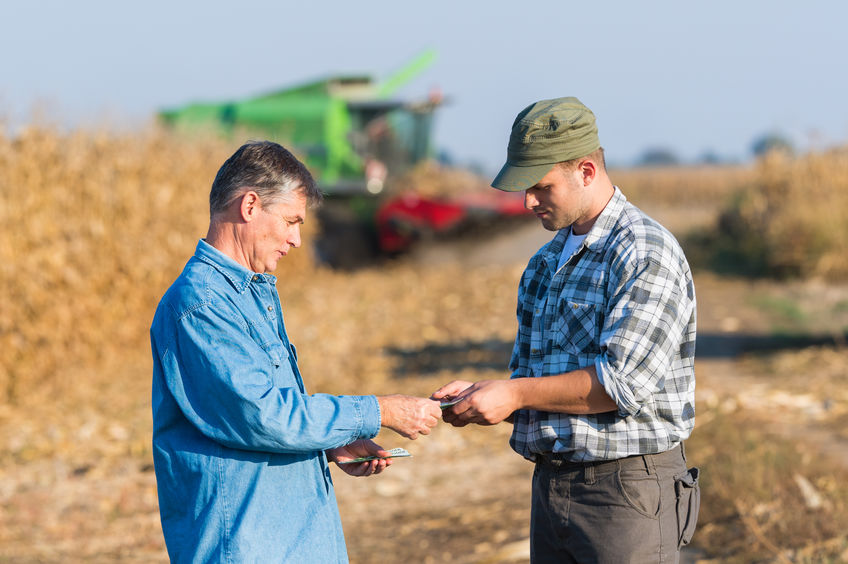
In April, President Biden unveiled his American Families Plan proposal, which included a devastating trifecta of changes to how capital gains are taxed, threatening one generation’s ability of being able to pass a farming operation on to the next. These changes would be crippling to American agriculture, and to the considerable conservation benefits its contributes to more than 900 million acres of land use in the U.S.
The Senate Finance Committee now is considering the President’s proposal in the form of the so-called Sensible Taxation and Equity Promotion (STEP) Act, drafted by Maryland Senator Chris Van Hollen, along with colleagues Bernie Sanders, Corey Booker, and Elizabeth Warren. The tax policy proposals in the plan amount to a short term – and short sighted – revenue raiser to pay for the massive $3.5 trillion American Families Plan that could do untold long-term damage to the U.S. agricultural economy and other small businesses.
First, the STEP Act would eliminate the stepped-up basis treatment for inherited assets. Under stepped-up basis, the value of an asset, like farmland, is adjusted to current fair market value at the time of inheritance. This prevents heirs from being subject to a tax liability on any appreciation of that asset which occurred before they came to own it.
Second, it would levy a tax on a farm or ranch at the time of inheritance. This creates a completely new category of tax – a so-called “transfer” tax – which effectively treats the transfer of a family farm from one generation to the next the same as the sale of the farm under the current tax code.
Third, it would raise the capital gains tax rate from the current statutory 20 percent statutory rate to an effective rate of 43.4 percent. That imposes a tax burden that most family farms couldn’t bear.
Consider the likely impact of these changes. Eliminating the stepped-up basis creates a disincentive for multi-generation businesses, such as farms and ranches, to invest in and improve their operations. This includes adopting advanced technology for more efficient production that enhances food quality and food safety as well as producing greater yields. Higher yields result in more food while conserving land.
Coupled with a punitive increase in the capital gains tax rate, many farms would have to be broken up and sold just to pay the tax bill. Agricultural and livestock production is a high capital, low return business. The STEP Act absolutely would ensure a loss of farmland as commercial and industrial development projects that generate financial returns more capable of covering the new tax liabilities would gobble up farmland. This would mean a loss of food supply, or additional new farmland conversion.
Then there is the long-term impact on the business structure of agriculture and food production from the transfer tax. According to the USDA, 98 percent of all farms in the U.S. are family-owned. Taxing farm and ranch land transfers at the time of inheritance would certainly undo that by creating a tax incentive that decidedly favors large corporate structures and outside investment – including speculative investments – over multigenerational family ownership subject to the inheritance transfer levy.
Ironically, the tax proposals in the American Families Plan would actually penalize American families who farm and ranch. Richer, perhaps, these new taxes would also fly in the face of the Biden Administration’s purported policy goal of increasing the sustainability of the U.S. food and agriculture sector.
American family farmers and ranchers steward our nation’s resources by willingly and actively investing in new conservation practices and technologies that improve soil health, protect water quality, mitigate carbon emissions and even augment wildlife habitat, because it’s in their best long-term interest to do so to maintain and enhance the viability of their operations. Most family farms already support two generations, but at some point, the ownership is passed from one generation to the next. Taxing that transfer will ultimately be paid for with a loss of the sustainability – economic and environmental – that family farms now provide as a dividend to society.
* This article was originally published here
HELP STOP THE SPREAD OF FAKE NEWS!
SHARE our articles and like our Facebook page and follow us on Twitter!






0 Comments